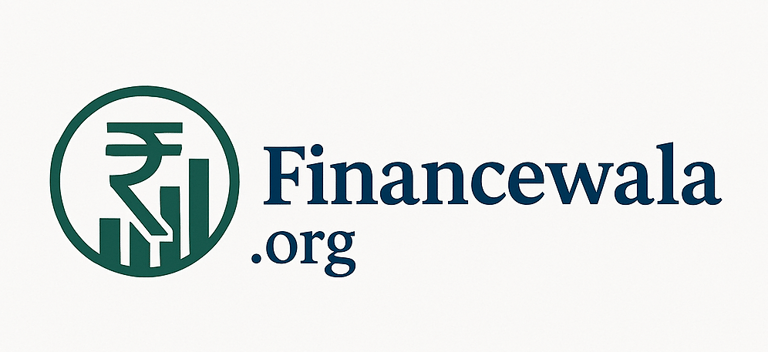Best Financial Planning Tips for Millennials to Achieve Financial Freedom
FINANCIAL PLANNING
Financewala
8/3/20252 min read


Money management is one of the most crucial life skills in the 21st century—especially in a fast-growing economy like India. With rising competition for income, career success, and financial stability, the way we manage our money determines how quickly we can achieve financial freedom. While fixed incomes like salaries and rent provide stability, they often aren’t enough to build long-term wealth. That’s where passive income strategies and smart investments come in. Let’s explore how you can effectively manage your hard-earned money and grow it using sustainable, reliable financial practices available in India.
How to Manage Money Effectively?
Money is as vital as food, shelter and air. it’s an essential part of survival in today’s world. Many of us earn regularly, but wealth creation requires more than just earning. It requires discipline, planning, and smart decisions. Based on personal research and practical experience, I’ve developed a simple model that anyone can follow to manage and grow their money effectively.
Key Steps to Personal Money Management
1. Budgeting Your Income and Expenses
Before diving into numbers, ask yourself:
What I am doing with my money?
Why I am doing it?
What will I gain from this?
What are my short and long term goals?
Once you’re clear on these, budgeting becomes a conscious, value-driven process.
Start by analyzing:
Net Earnings (After taxes like PF, professional tax, income tax)
Monthly Fixed Expenses:
Rent
Utilities
Loan EMIs / Credit Card Bills
Insurance Premiums (Health + Term)
SIPs / Recurring Deposits
Emergency Fund Contributions
Priority Expenses:
Groceries
Daily Needs
Clothing
Entertainment
Eating Out
Discretionary / Lifestyle Expenses:
Celebrations (Festivals, Birthdays)
Travel, Tourism
Big Purchases or Gadgets
Future-Proofing:
Emergency Fund (At least 6 months of expenses)
Future Liabilities (Education, Medical, Retirement)
2. Track and Review Your Expenses Regularly
Use budgeting apps like Walnut, Moneyfy, ET Money, or even Excel to:
Track every expense
Avoid unnecessary spending
Identify patterns and leaks in your budget
3. Choose the Right Investment Instruments
Once your basics are covered, invest your surplus wisely in:
Mutual Funds (via SIPs)
Public Provident Fund (PPF)
National Pension Scheme (NPS)
Direct Stocks (if you’re knowledgeable)
REITs (Real Estate Investment Trusts)
Digital Gold / Sovereign Gold Bonds
Fixed Deposits or Liquid Funds (for short-term safety)
Passive Income Sources
4. Maintain Financial Records
Keep digital or physical copies of:
Income proofs (salary slips, tax returns)
Investment receipts
Insurance policies
Loan documents
Monthly budget reports
This helps in tax filing, planning, and emergency access.
What’s Next?
This financial framework helps you lay the foundation for strong financial decision-making. In the next blog, we’ll explore passive income strategies—ways to earn money while you sleep!
Stay tuned with FinanceWala.org for practical tips on budgeting, saving, investing, and building wealth.

Contact Us
For guidence on your financial planning and advice.
Support
Subscribe our newslatter
info@financewala.com
© 2025. All rights reserved. Site Managed by Financewala.org
